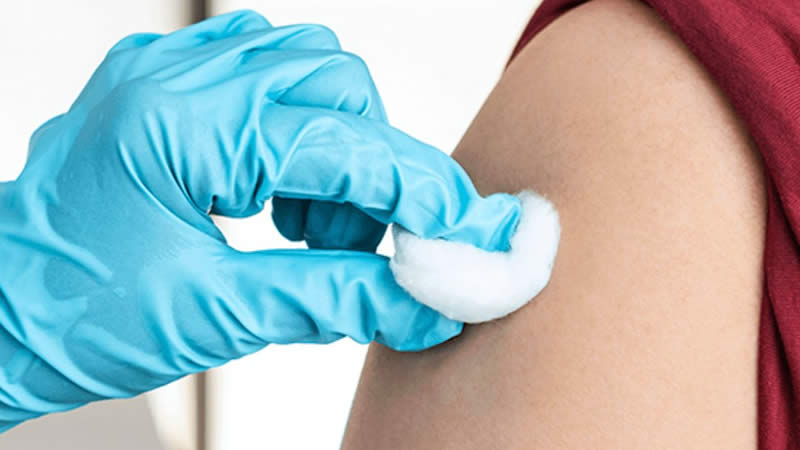
British Researchers Aid in Launching First Global Routine Malaria Vaccination Initiative
0
The London School of Hygiene and Tropical Medicine (LSHTM), in a landmark collaboration with African communities, has played a pivotal role in the research, development, and deployment of the world’s inaugural routine malaria vaccine.
A groundbreaking initiative for routine malaria vaccinations is being unveiled globally, with UK scientists at the forefront.
The vaccine, RTS,S or Mosquirix, created by UK-based pharmaceutical giant GlaxoSmithKline (GSK) in partnership with the Path Malaria Vaccine Initiative (MVI), aims to combat malaria in children across Africa. The World Health Organization (WHO) endorsed this vaccine in 2021 for extensive deployment.
For nearly 30 years, LSHTM’s Medical Research Council Unit in The Gambia (MRCG) has diligently collaborated with African communities and volunteers, contributing significantly to the vaccine’s journey from conception to reality.
Today, on Monday, January 22, the vaccine will be integrated into Africa’s childhood immunization schedule, commencing in Cameroon.
Professor Umberto D’Alessandro, MRCG director at LSHTM, highlights the pivotal role of African researchers and the local community’s support in realizing the RTS,S vaccine, marking a significant milestone in malaria prevention.
According to 2022 WHO data, malaria affected approximately 249 million people and caused 608,000 deaths in 85 countries, with children under five being the most vulnerable group in Africa.
The WHO advocates a four-dose regimen for children starting at around five months of age, with an additional dose after one year in high-risk zones.
RTS,S, which triggers an immune response against the Plasmodium falciparum parasite, has demonstrated substantial efficacy in clinical trials, especially when combined with anti-malarial drugs before the rainy season, reducing child mortality significantly.
Professor D’Alessandro emphasized the vaccine’s potential in reviving stalled malaria control efforts globally, starting with its deployment in Cameroon.
Additionally, R21, a second vaccine developed by Oxford University and prequalified by WHO, is set to join the global fight against malaria.
